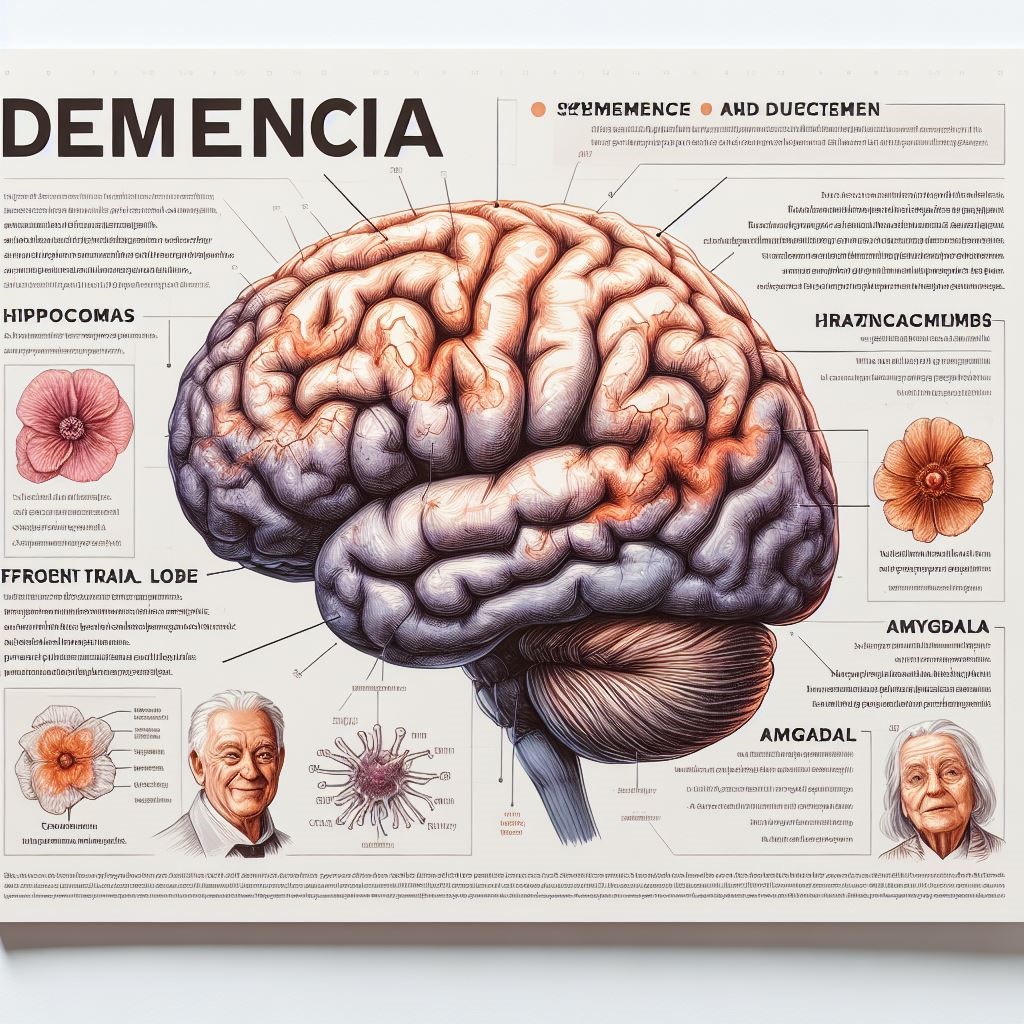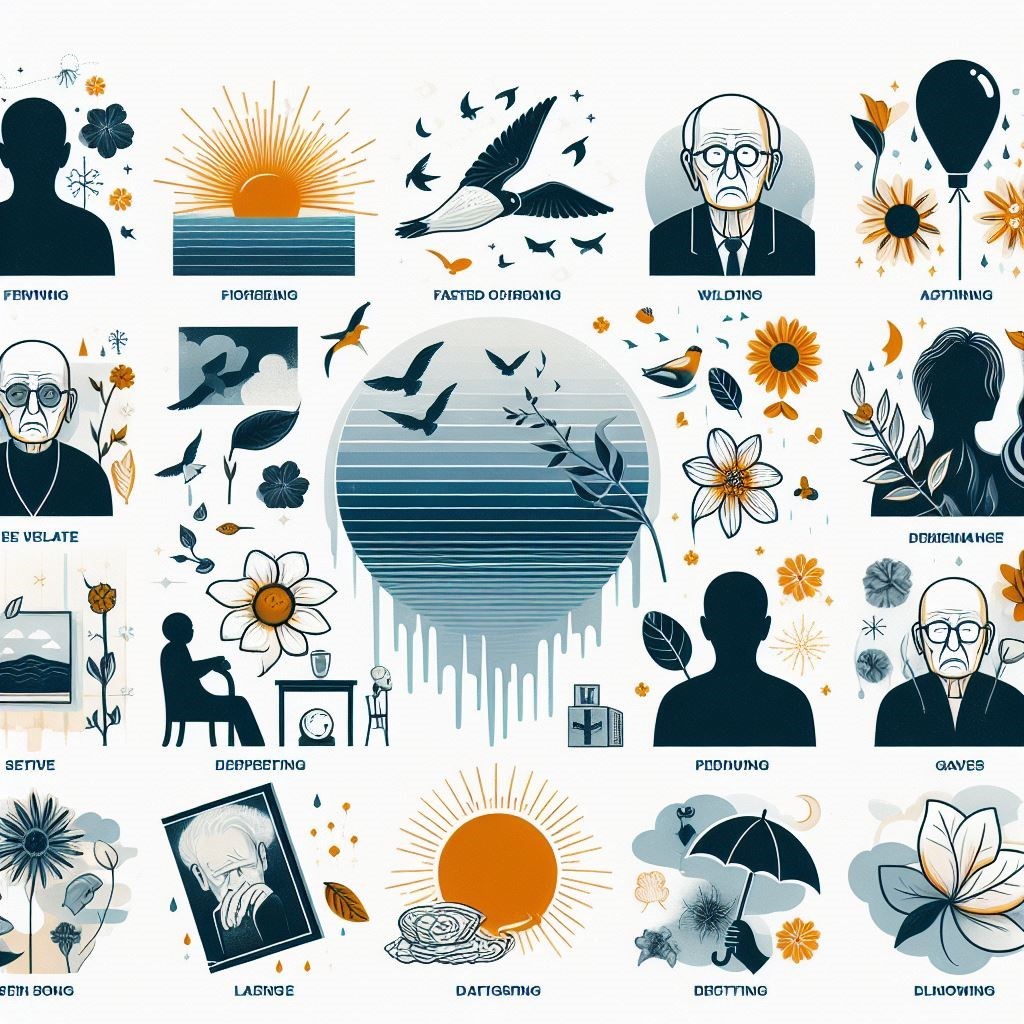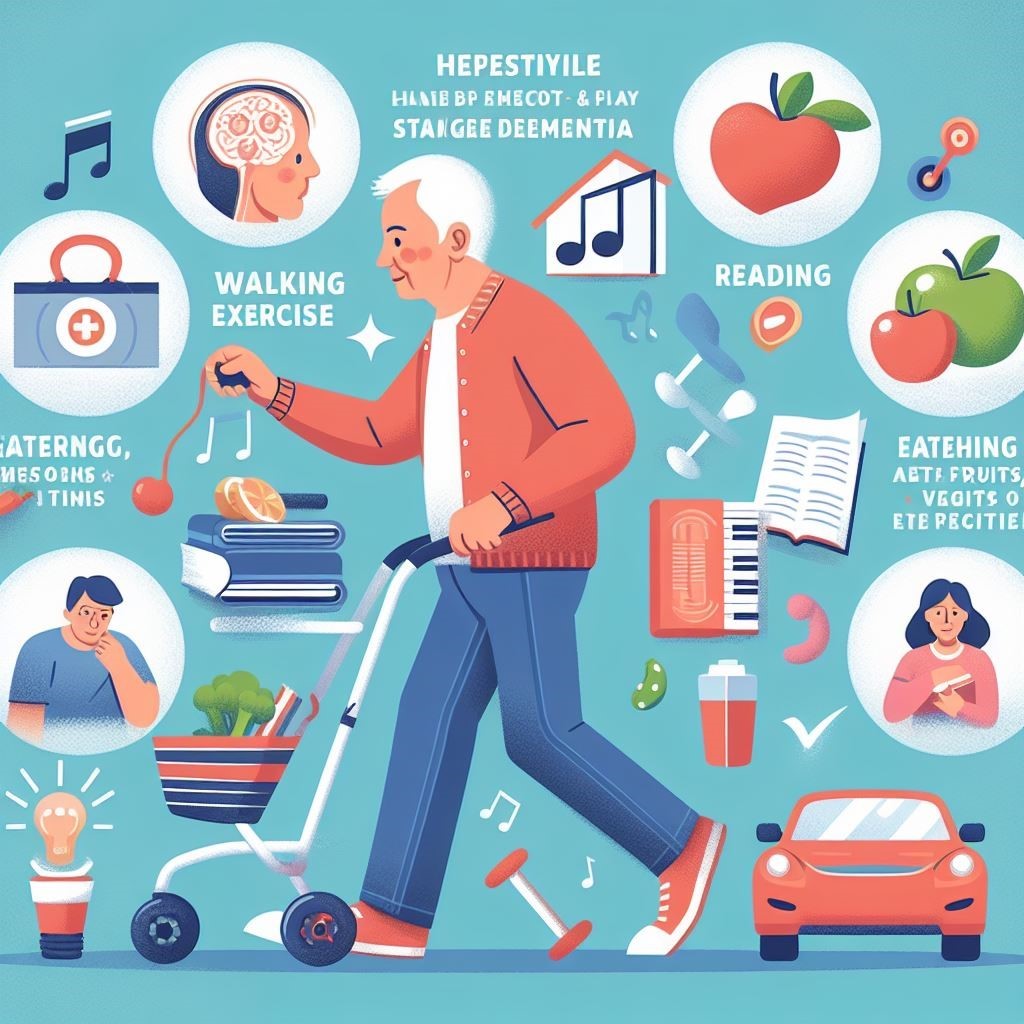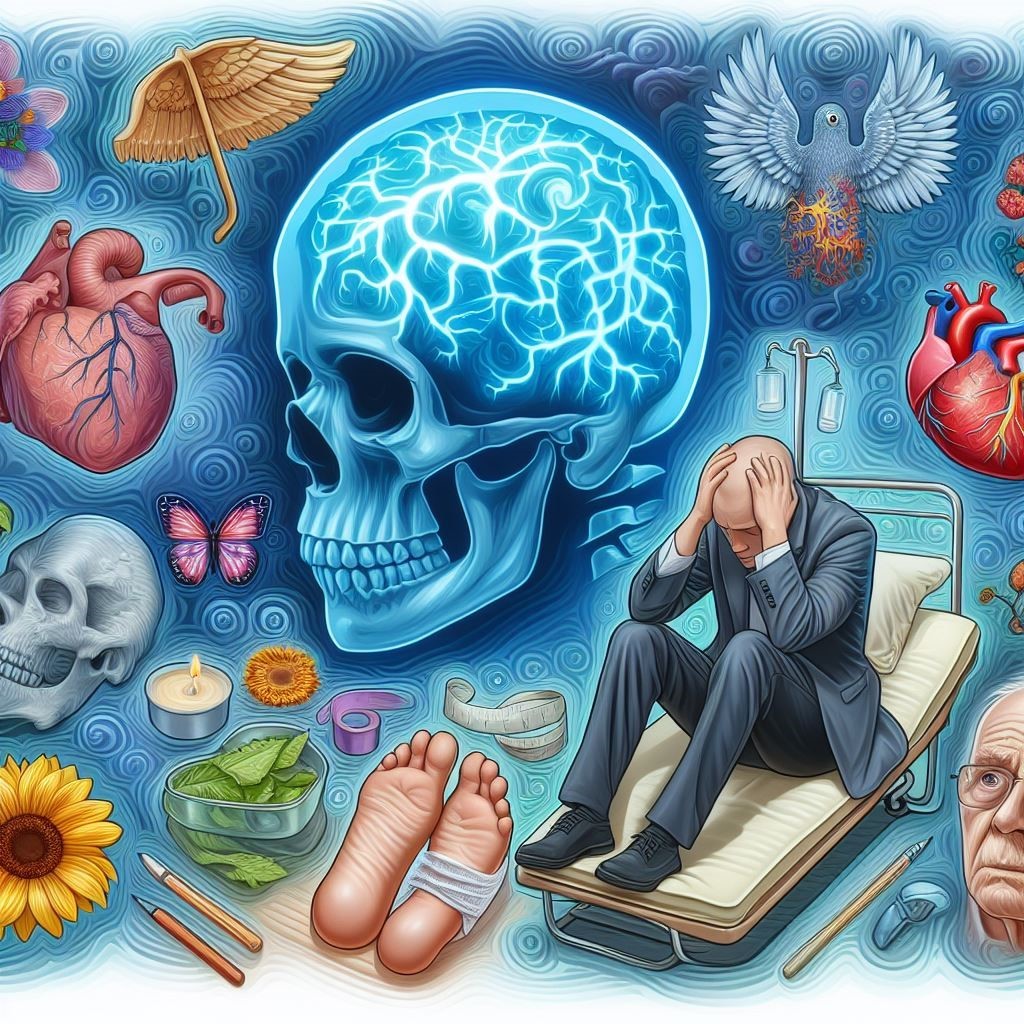10 Signs Death is Near Dementia: Understanding Silent Indicators
Dementia is a progressive disease that impacts memory, thinking, and behaviour. As dementia advances, certain signs may indicate that the end of life is approaching. Being aware of these signs can help families prepare emotionally and arrange care to maximize comfort. This article explores 10 Signs Death is Near Dementia for someone with late-stage dementia.
Overview of Dementia

Dementia is not a specific disease but a group of symptoms caused by various diseases or conditions impacting the brain. The most common types of dementia are:
- Alzheimer’s disease – Causes memory loss and confusion. Accounts for 60-80% of dementia cases.
- Vascular dementia – caused by reduced blood flow to the brain due to stroke or blood vessel disease.
- Lewy body dementia – Caused by abnormal deposits of a protein called alpha-synuclein in the brain. Includes hallucinations.
- Frontotemporal dementia – Damages the frontal and temporal lobes. Impacts behaviour and personality.
Dementia’s progression impacts memory, cognition, and behaviour. Though there’s no cure, some treatments can temporarily ease symptoms. Recognizing the “10 Signs Death is Near Dementia” is crucial for families and caregivers to provide informed support as the disease advances.
10 Signs Death is Near Dementia

It can be difficult to predict how long someone with dementia may live. However, certain signs and symptoms may indicate the final stages. 10 Signs Death is Near Dementia for a person with late-stage dementia:
-
Weight Loss
As dementia progresses, the person often loses interest in eating and drinking. Chewing and swallowing difficulties are also common. These issues lead to progressive weight loss, even if the individual is still eating. Elderly people with dementia need fewer calories but burn off fat stores rapidly. If unexpected weight loss exceeds 10% of body weight over 6 months, it may indicate the person is nearing the end of life.
-
Reduced Appetite
In addition to difficulty eating and swallowing, people with late-stage dementia often lose interest in food as death nears. The person may refuse to eat at all or only accept small amounts. A reduced appetite is quite common, affecting up to 85% of dementia patients in the final months of life.
-
Increased Time Sleeping
Excessive drowsiness and sleeping more than normal may indicate that the end is approaching. The person may sleep for prolonged periods or be difficult to wake. However, in some cases increased sleeping may indicate a treatable medical issue like infection, so check with a doctor.
-
Difficulty Swallowing
Difficulty swallowing, called dysphagia, occurs when the muscles involved in swallowing weaken. This makes it hard to swallow food, liquids, or even saliva. Swallowing issues puts the person at risk of choking, dehydration, or aspiration pneumonia if food/liquids enter the lungs. Dysphagia often causes reduced eating and weight loss as death nears.
-
Minimal Speech
In late dementia, the person often loses the ability or interest in speaking. As death approaches, he or she may become completely nonverbal, only able to make incomprehensible sounds. Loss of speech results from progressive brain damage affecting language centers. The person may also indicate needs through nonverbal cues.
-
Increased Fatigue
A frail elderly person with end-stage dementia tires more easily. He or she may spend more time sleeping and appear extremely lethargic even when awake. Simple activities like sitting up or holding one’s head up become exhausting. Increased fatigue results from worsening dementia, other health issues, and the dying process.
-
Loss of Purposeful Movement
Dementia damages areas of the brain involved in initiating movement and balance. In the end stages, the person may lose the ability to move intentionally or change positions without assistance. Loss of purposeful movement leaves the person bedbound or chairbound. Muscles eventually waste away from lack of use.
-
Bladder and Bowel Incontinence
In late dementia, urinary and fecal incontinence often occurs as the brain loses the ability to sense and signal a need to void. The person may pass urine or stool without control. Incontinence increases the risk of infections, skin breakdown, and pressure sores. Uncontrolled B&B incontinence, especially combined with reduced eating/drinking, indicates the end may be very near.
-
Decreased Social Interaction
Severe dementia damages the centers of the brain involved in socialization, emotion, and relationships. As a result, the person progressively detaches from social interaction in the final stages. He or she may refrain from talking, expressing emotion, or acknowledging loved ones. This social withdrawal results from neurologic decline but may also indicate the person is preparing for death.
-
Moaning or Groaning
Low-pitched moaning or groaning may indicate pain, discomfort, or distress in late-stage dementia. The cause is often unclear since communication is limited. Possible sources include pain, hunger, constipation, fear, infection, or simple agitation. Moaning or groaning requires assessment to identify causes and provide comfort. It may signal death is approaching.
Providing Comfort at End of Life
In the last weeks with dementia, special care is vital for comfort. Goals include pain management, emotional support, and avoiding unnecessary interventions. Hospice care offers holistic support. Recognizing the “10 Signs Death is Near Dementia” is crucial for tailoring compassionate care, ensuring the unique needs of individuals in late-stage dementia are met. This approach enhances the quality of life for patients and their loved ones during these challenging moments.
Here are some strategies for maximizing comfort:
- Control pain and discomfort with medications, repositioning, padding bed sores, etc.
- If needed, reduce the risk of aspiration with upright positioning, altered food textures, or feeding tubes.
- Prevent fluid overload but avoid dehydration with careful hand feeding of juices/foods.
- Soften foods or blend to smooth purees to aid swallowing issues.
- Communicate through soothing touch, music, reading, and sensory stimuli.
- Keep the person clean and dry to increase comfort.
- Address emotional needs through reassuring presence and spiritual support.
- Allow natural death to occur; avoid heroic measures.
The journey with dementia nears the conclusion when these subtle end-of-life signs emerge. Understanding the changes helps families emotionally prepare for their loved one’s passing. Seeking hospice care, coupled with recognizing “10 Signs Death is Near Dementia,” assists in providing comfort until a peaceful death occurs.
How to Prevent or Delay End-Stage Dementia

Navigating late-stage dementia involves understanding “10 Signs Death is Near Dementia.” While the condition can’t be cured, proactive measures can delay its progression. This awareness empowers families to provide the necessary care and support, optimizing the quality of life for their loved ones. Here are some tips for maintaining cognitive health and prolonging independence:
- Keep the brain active with puzzles, games, reading, socializing, and learning new skills. Mental stimulation may reduce the risk of dementia by up to 30-50%.
- Follow a heart-healthy diet focused on vegetables, fruits, whole grains, fish, nuts, beans, and lean proteins. This supports vascular health to promote blood flow in the brain.
- Exercise regularly to maintain blood flow, reduce inflammation, and stimulate brain plasticity. Aim for 150 minutes per week of moderate activity.
- Manage health conditions like diabetes, obesity, heart disease, and depression that increase dementia risk. Keep blood pressure under 130/80.
- Avoid excess alcohol and tobacco use. Smoking doubles the risk of dementia. Heavy drinking also increases risk.
- Supplement your diet with Omega-3 fatty acids, B vitamins, Vitamin D, and antioxidants that support brain health.
- Stay socially engaged and limit isolation. Social stimulation may enhance cognitive reserve and resilience.
- Manage hearing loss, sleep apnea, and other issues that impact cognitive functioning.
- Seek early evaluation for memory concerns to detect reversible causes and access support resources.
- Consider cognitive training programs and neuroplasticity-based exercises to strengthen cognitive skills.
While dementia cannot be completely prevented, a proactive approach focused on lifestyle, diet, exercise, and vascular risk reduction may delay progression and compress morbidity. However, comfort-focused end-of-life care remains crucial in the final stages.
Conclusion about 10 Signs Death is Near Dementia
Dementia is a progressive, fatal neurodegenerative disorder with a steady decline. Subtle signs like weight loss, reduced appetite, and more may indicate death is approaching within weeks to months. Families can emotionally prepare and arrange comfort-focused care, emphasizing dignity. Hospice services maximize comfort in the final stages. Recognizing “10 Signs Death is Near Dementia” aids families in this difficult transition with understanding and awareness.

Adel Galal is a health and wellness writer with over 30 years of experience studying and writing about health, fitness, nutrition, and healthy living. He is the founder of NextFitLife.com, where he shares practical, evidence-based guidance to support long-term health at any age. Adel’s mission is simple:
to help people make smarter health choices that fit real life, at any age.



